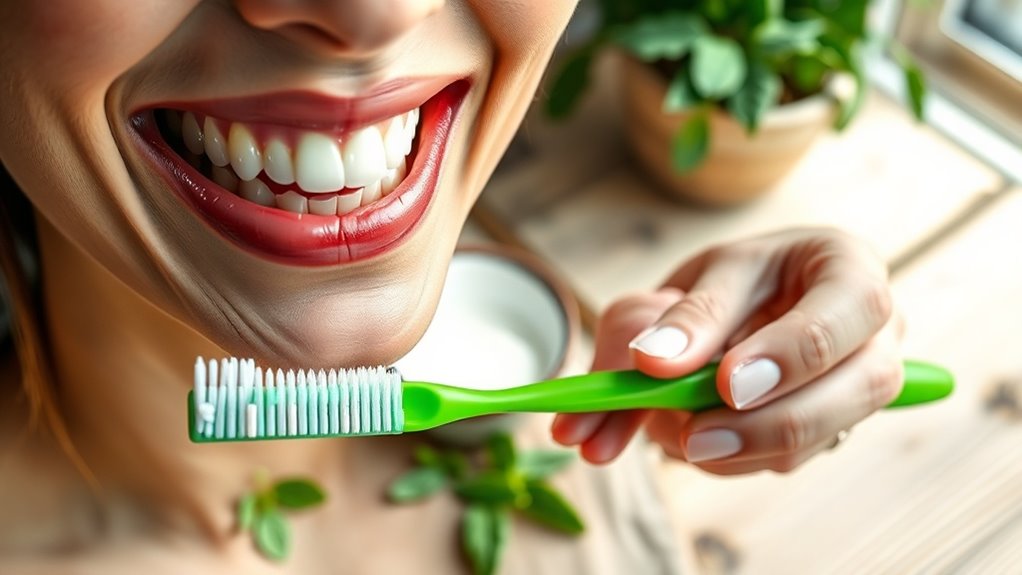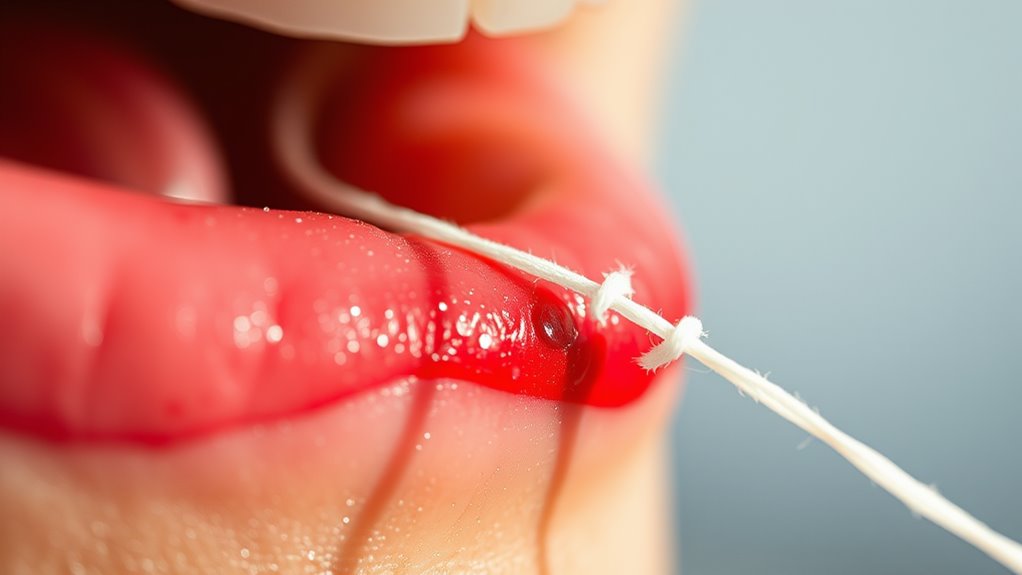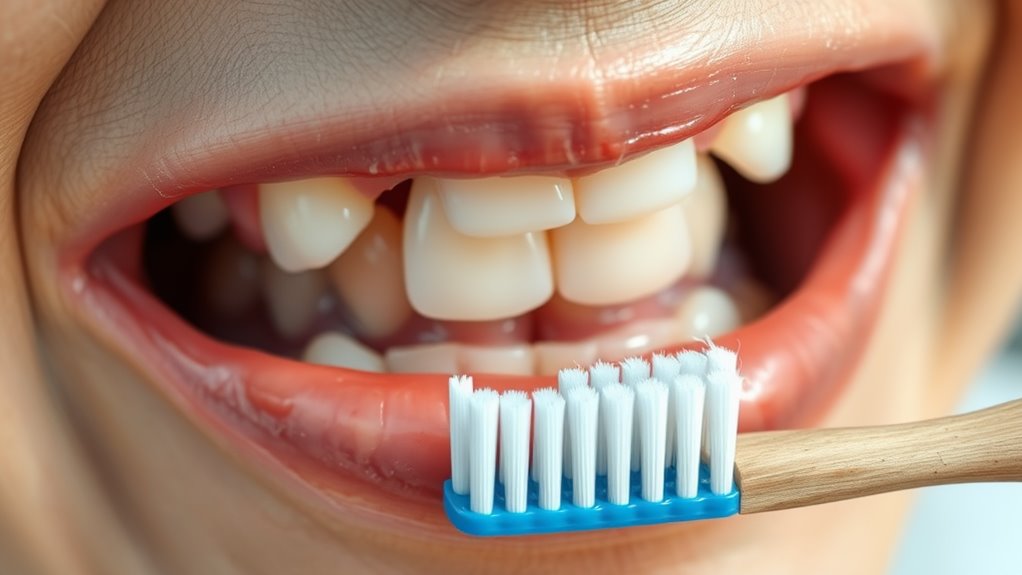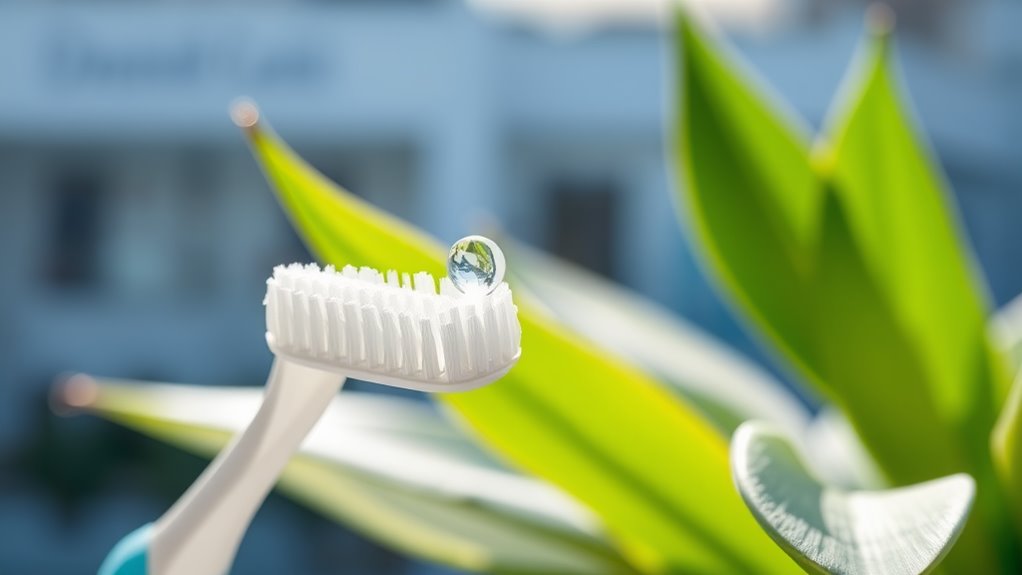Why Your Gums Bleed and How to Stop It Naturally
Bleeding gums can signal underlying issues, indicate inadequate oral hygiene, or result from hormonal fluctuations. Understanding the reasons behind this symptom is critical, as it can lead to more severe dental problems if left unaddressed. Fortunately, there are natural remedies available and lifestyle changes that can promote healthier gums. Before we explore these solutions, it’s important to recognize the common causes that contribute to gum bleeding.
Common Causes of Bleeding Gums
Bleeding gums can be alarming and often signal underlying health issues. Factors like gum disease, hormonal changes, or even certain medications can cause your gums to bleed. If you’ve recently experienced this, it’s crucial to identify the root cause to help stop gum bleeding. Good oral hygiene practices can significantly reduce the likelihood of developing gum bleeding issues.
Importance of Oral Hygiene
Maintaining good oral hygiene is vital for preventing issues like bleeding gums. Proper brushing and flossing can help remove plaque, reducing inflammation and discomfort. Here’s a quick reminder of the impact poor oral hygiene can have:
| Consequence | Emotional Impact | Prevention Strategy |
|---|---|---|
| Bleeding gums | Anxiety and pain | Regular brushing |
| Cavities | Fear and regret | Daily flossing |
| Bad breath | Embarrassment | Routine dental visits |
| Gum disease | Alarm and distress | Effective mouthwash use |
Additionally, regular dental visits enable early detection and treatment of gum disease, preventing chronic issues.
Natural Remedies to Stop Gum Bleeding
If you notice bleeding gums, exploring natural remedies can provide relief and promote better oral health.
Rinse your mouth with warm saltwater to reduce inflammation and kill bacteria.
Apply a mixture of aloe vera gel directly to your gums for its soothing properties.
Additionally, using essential oils like tea tree oil may help reduce gum bleeding and strengthen gum tissue. Maintaining a balanced diet rich in vitamins C and K is also crucial for gum health.
Foods That Promote Gum Health
To promote gum health effectively, incorporating specific foods into your diet can make a significant difference.
Consider adding crunchy fruits and vegetables, like apples and carrots, which help cleanse the gums.
Foods rich in vitamin C, such as citrus fruits and strawberries, can enhance gum tissue integrity.
Additionally, dairy products are beneficial due to their calcium content, supporting overall oral health. Consuming peroxide-based agents can also contribute to better oral hygiene by reducing the risk of stains that may irritate gums.
Lifestyle Changes for Healthier Gums
Incorporating healthy foods is just the beginning of your journey to better gum health; lifestyle changes also play a pivotal role.
Regular exercise improves circulation, which benefits gum tissues. Reducing stress can lower inflammation, while avoiding tobacco products significantly decreases gum disease risk. Additionally, maintaining a consistent oral hygiene routine is crucial for preventing plaque buildup and gum irritation. Prioritizing adequate hydration ensures saliva production, promoting natural bacteria balance.
Together, these changes foster a healthier environment for your gums.
When to Consult a Dental Professional
While maintaining good oral hygiene and healthy lifestyle changes are essential for gum health, recognizing when to consult a dental professional can make a significant difference in preventing further issues.
Consider scheduling an appointment if you experience:
- Persistent bleeding during brushing or flossing
- Swollen or painful gums
- Bad breath that won’t go away
- Loose teeth
- Changes in bite alignment
Timely intervention is crucial.




